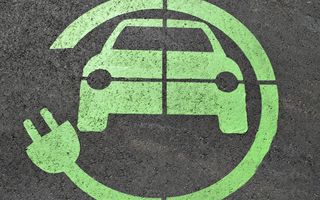(Finance) – Tariffs alone on the import of electric cars (BEVs) from China will not be enough. To ensure that European car manufacturers regain the share of the domestic full electric market lost to Chinese production, it is necessary to maintain the EU objectives on reducing CO2 emissions. This is what an analysis of Transport & Environment (T&E), the main European organization for the decarbonisation of transport. “These two measures, together, can support European carmakers, who are already ready to launch a range of more affordable electric vehiclesbetween the end of this year and 2025″, underlined the environmental NGO.
According to T&E, this year the full electric produced in China – including those of Tesla, BMW and Volvo – are destined to reach a quarter of the European BEV market. But this share should fall to 20% in 2025 and 18% the following year, according to the environmental organisation’s analyses, provided that both the duties on electric vehicles produced in China and the expected EU emissions standards are fully implemented. for 2025.
On the contrary, according to T&E estimates, Chinese-made BEVs could reach 27% of the European electric market next year if the EU moves forward and delays its decarbonisation target (-15% CO2 on average emissions of sales for each car manufacturer), relying only on the tightening of tariffs on imports from Beijing. This would result in a stagnation of BEV sales by European manufacturers, which (as has occurred in recent years) would continue to focus on the more profitable internal combustion engines, delaying the launch of new and more economical electric cars, and losing further ground, in the development of this technology, compared to international competitors.
“Higher tariffs on imports from China make sense in combination with the climate objectives set for cars and vans. They are the two sides of the same industrial policy, which must accompany the entry onto the market of a greater number of European BEVs – he said declared Andrew Boraschidirector of the Italian T&E office –. However, if the EU were to delay or weaken its 2025 CO2 reduction targets, while at the same time hindering the arrival of competitively priced electric cars from China, the effects would be extremely negative for the decarbonisation of transport.”
